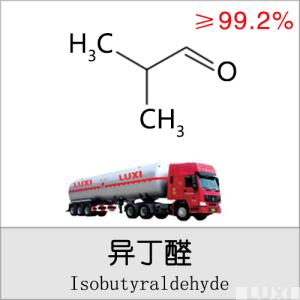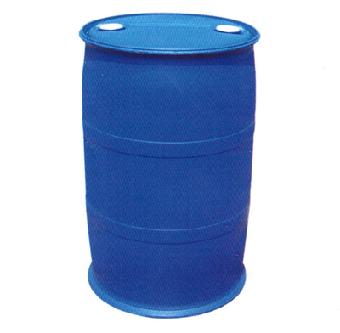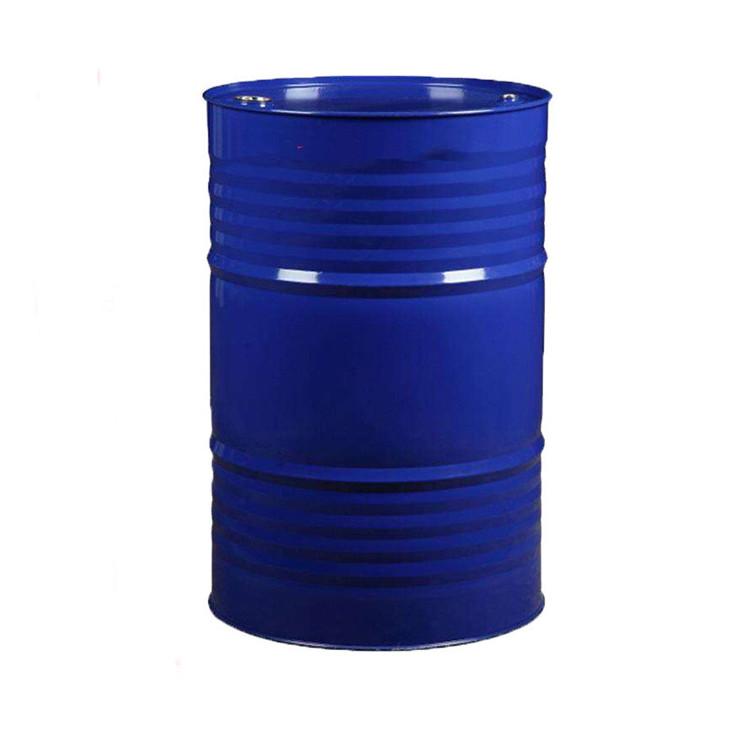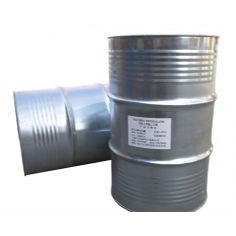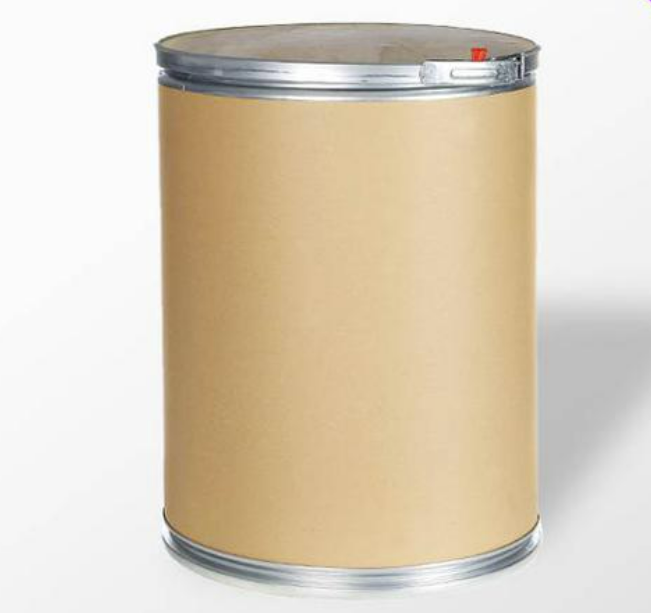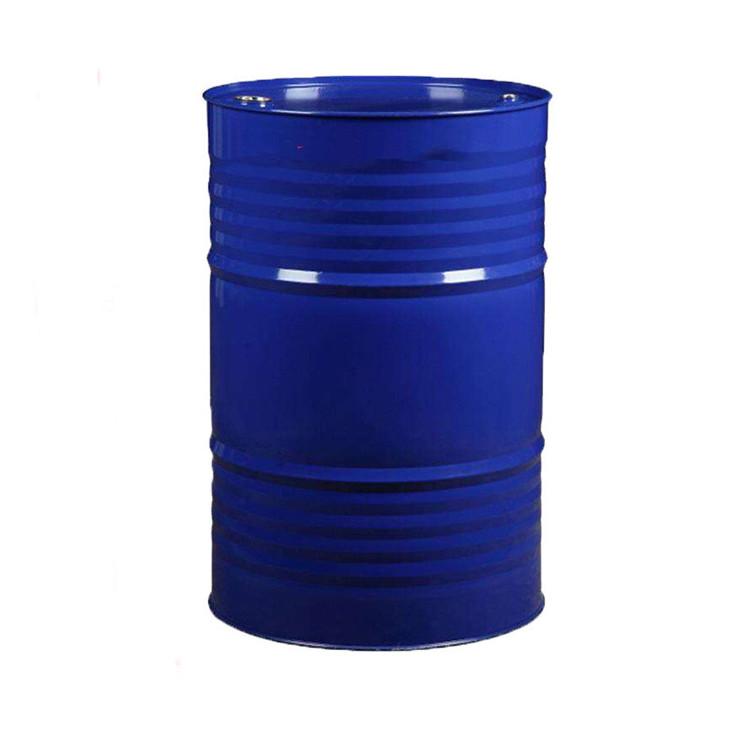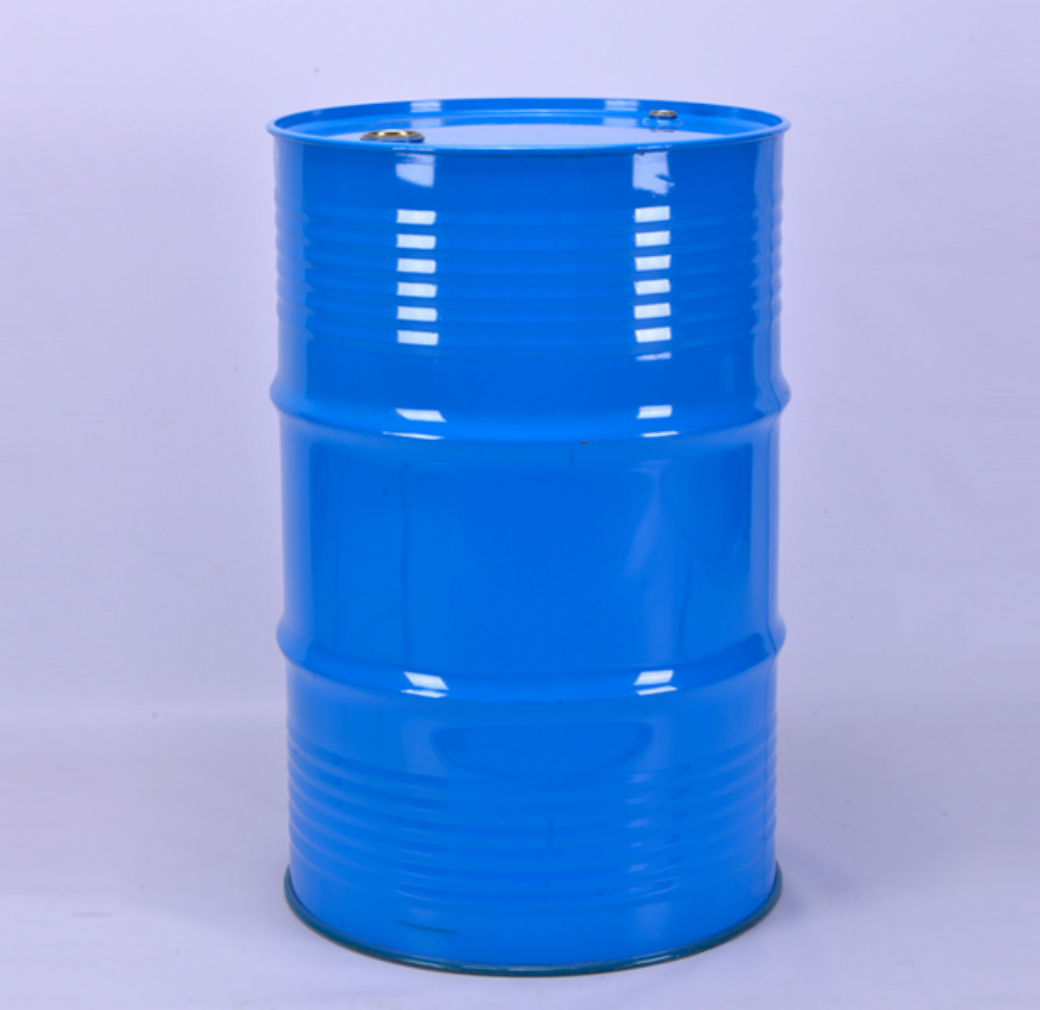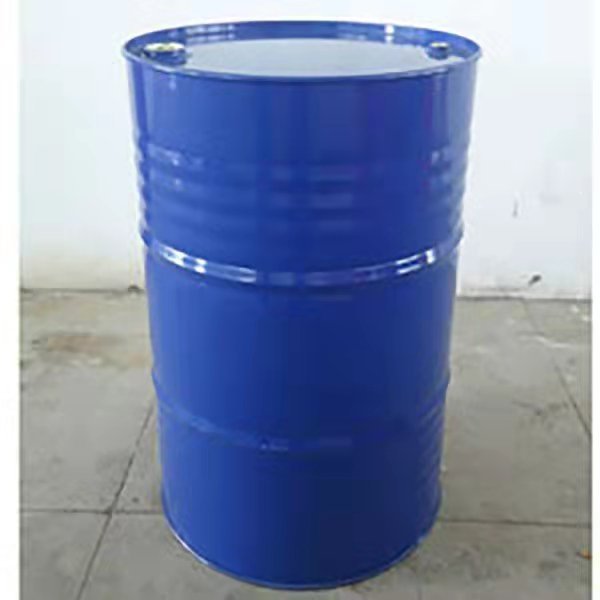CAS:78-84-2
Molecular Formula:C4H8O
Alias
More Information
Isobutyric Aldehyde; 2-Methylpropanal; 2-Methylpropionaldehyde; 1-Keto-2-Methylpropane; 2-Methyl-1-Propanal; Propanal, 2-Methyl-
Brief Introduction
1. It can be used to prepare various food flavors.
2. It is used to make rubber vulcanization accelerator and antioxidant, isobutyric acid and other synthetic pantothenic acid, valine, leucine, cellulose ester, perfume, plasticizer, resin and gasoline additive.
3. It is also used to manufacture vulcanization accelerator and antioxidant, isobutyric acid, etc.
Suppliers
View More Vendors (2) >
CAS:84-66-2
Molecular Formula:C12H14O4
Alias
More Information
1,2-Benzenedicarboxylic Acid Diethyl Ester; DEP; Diethyl-O-Phthalate; Ethyl Phthalate; Phthalic Acid, Bis-Ethyl Ester; Phthalic Acid Diethyl; Phthalic Acid Diethyl Ester; Phthalol; 1,2-Benzenedioicacid,Diethylester; 1,2-Diethyl Phthalate
Brief Introduction
Diethyl phthalate appears as a clear, colorless liquid without significant odor. More dense than water and insoluble in water. Hence sinks in water. Primary hazard is to the environment. Spread to the environment should be immediately stopped. Easily penetrates soil, contaminates groundwater and nearby waterways. Flash point 325°F. Severely irritates eyes and mildly irritates skin. Used in the manufacture of perfumes, plastics, mosquito repellents and many other products.
Suppliers
View More Vendors (2) >
CAS:874-90-8
Molecular Formula:C8H7NO
Alias
More Information
Anisonitrile; Benzonitrile, 4-Methoxy-; P-Anisic Acid Nitrile; P-Anisonitrile; 4-Methoxybenzonitrile; 4-Cyanoanisole; Anisyl Nitrile
Brief Introduction
This product is stable in performance and is especially suitable for blending various flavors of daily chemicals, soap and tobacco. It is safe for skin test. It is an excellent raw material for blending lily of the valley, violet and lavender.
Suppliers
View More Vendors (2) >
CAS:103-09-3
Molecular Formula:C10H20O2
Alias
More Information
2-Ethylhexyl Acetate; 2-Ethylhexyl Ethanoate; 2-Ethyl-1-Hexanol Acetate; 2-Ethylhexanyl Acetate; Isooctyl Acetate; 2-Ethyl-1-Hexyl Acetate; Acetic Acid 2-Ethylhexyl Ester; 2-Ethyl-N-Hexyl Acetate; Octyl Acetate; 2-Ethylhexylacetate; 2-Ethylhexan-1-Ol Acetate; Beta-Ethylhexylacetate; Ethyl Hexyl Acetate; Ethyl(2)-Hexyl Acetate; Ethylhexylacetate; 2-Octyl Acetate; Ethyl Hexyl Lactate
Brief Introduction
Ethylhexyl acetate appears as a water-white liquid. Insoluble in water and is less dense than water. Flash point 180°F. Used as a solvent and in perfumes. Liquid or vapors may irritate skin and eyes. Vapors have a fruity, pleasant odor.
Suppliers
View More Vendors (2) >
CAS:105-13-5
Molecular Formula:C8H10O2
Alias
More Information
4-Methoxybenzyl Alcohol; Anisalkohol; Anise Alcohol; 2-Amino-4-Methoxybenzothiazole; P-Anisolalcohol; 4-Methoxy-1,3-Benzothiazol-2-Amine; 4-Methoxyphenol; 4,6-Dihydroxy-2-Methylpyrimidine; P-Methoxybenzyl Alcohol; Methoxyphenol; (4-Methoxyphenyl)Methanol; Para-Methoxybenzyl Alcohol; 4-Anisyl Alcohol; 4-Anise Alcohol; 4-Methoxy-Benzothiazol-2-Ylamine; 4-Anisic Alcohol; P-Anisyl Alcohol; 4-Hydroxymethyl-1-Methoxybenzene; Anis Alcohol; 4-Methoxybenzylalcohol; P-Anisalcohol; (4-Methoxy-Phenyl)-Methanol
Brief Introduction
Anisyl alcohol (4-methoxybenzyl alcohol) is an organic compound with the chemical formula CH3OC6H4CH2OH. It is a colorless liquid that is used as a fragrance and flavorant. It occurs naturally but is produced by reduction of anisaldehyde.
Suppliers
View More Vendors (2) >
Inquiry (
10
/ 10
)
Clear All
Sign In
Error!

